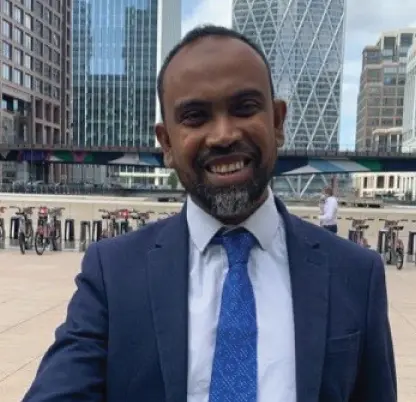- Home
- About Us
- business series
- Charity Services
Wills, Trusts & Estates
Wills, Trusts & Estates
Planning for your family’s future need not be overwhelming. With respect to trusts, enduring powers of attorney, and estate planning, ensuring that your will provisions protect your loved ones now and later is crucial.
Trusted Trusts and Their Administration
There are different types of trusts under Indian law, and we advise on which will best suit your needs. A trust allows you to hold assets — cash, investments, land, or property — for the benefit of beneficiaries, and these are managed by trustees whom you appoint.
We can also guide you on setting up the trust: how to invest its assets, meeting expenses, collecting income, and distributing funds from the trust.
Which type of trust is Suitable
- Bare Trust – A trustee holds assets on behalf of a beneficiary, who is entitled to those assets, often when they reach maturity or a certain age.
- Discretionary Trust – Trustees decide how to use the trust’s income and sometimes capital, including which beneficiaries receive payments, how much, and when.
- Interest-in-Possession Trust – The beneficiary has a right to any income produced by the trust assets as and when it arises.
- Trust for a Vulnerable Person – For beneficiaries who are minors (under 18) or mentally incapacitated and unable to manage their affairs.
- Hybrid Trust – A mix of features from more than one kind of trust above.
- Non-Resident Trusts – If all trustees are non-resident (outside India), there may be special tax implications for beneficiaries in India.
Wills
A will performs multiple roles: it helps you plan tax-efficiently for your family’s care in your absence, ensures your property and wealth are divided as you wish, and provides for guardianship of minor children through persons you nominate.
Estate planning
Estate planning is vital to ensure that your wealth is preserved in a tax-efficient way for both you and your family’s future. We will help you navigate the complex realm of inheritance, gift laws, capital gains, and estate taxes in India, giving you peace of mind.
Lasting power of attorney
A lasting power of attorney lets you appoint one or more people to make decisions on your behalf when you lose capacity. They can manage your property and financial matters or make health and social care decisions. You can limit powers or provide instructions for specific circumstances.
Obtaining grant of probate
As an executor of a will, you may need to apply for probate in the Indian courts to distribute the deceased’s estate legitimately. Until probate is granted, the estate’s assets remain “frozen,” preventing wrongful transfer. Without probate, property cannot be sold and bank or financial accounts cannot be accessed.
If a person dies intestate (without a will), one can apply to become an administrator of the estate and then seek Letters of Administration to gain the legal authority to manage and distribute assets.
Costs
For details of how we charge for estate administration and related services, please refer to our fees schedule.
How we work with you
Modern communication allows us to serve clients even at a distance. We offer advice via:
- Telephone
- Video conferencing
- In-person meetings
During initial discussions, we’ll decide how best to reach you and meet as per your convenience.



